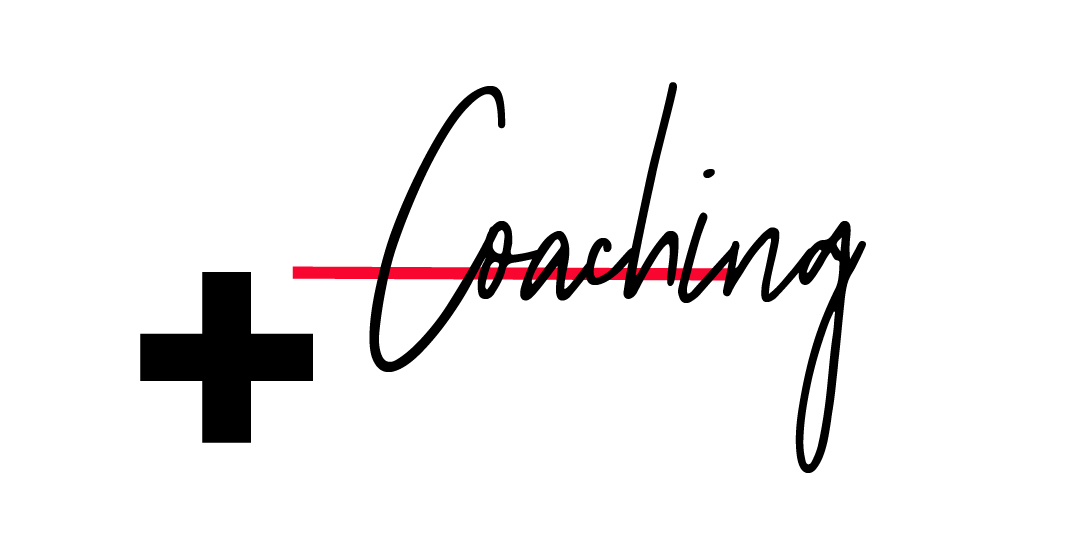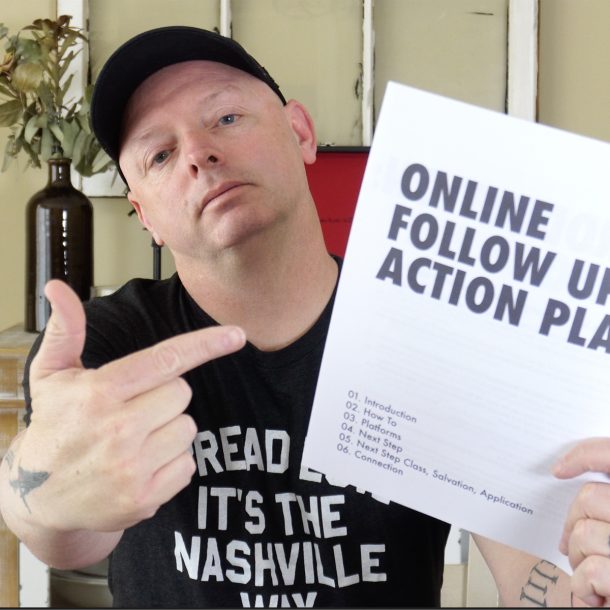Don’t Settle.
As creative people, we know when things are good – it’s an instinct.
But as time progresses, we start to settle. With each passing day, the
timelines, work loads, pressures, and opinions pose the risk of taking
over our instincts. Excuses tempt us to settle for less than our best. With each passing day we risk the drift of complacency taking over and we start to settle.
When we settle, a couple of things happen:
- We lose a small piece of our DNA.
- We sacrifice greatness for good or good enough.
- We misstep on expectations.
- We devalue the end user.
- We lose focus.
- We risk momentum being lost.
- We waste opportunity.
- We cheat ourselves and our friends.
Don’t Settle.
It’s not worth it.
If you can’t be proud of it, dig in and fix it.
We have the honor of being chosen to create and we disrespect that honor when we don’t give our absolute best.
I am a proponent for “shipping” as described by Seth Godin, but you should not ship raw material. There has to be enough of YOU in your art that you can be proud of it and feel like what is shipped is a good representation of who you are. It’s part of the paradox that makes us crazy artists. When is enough, enough? When we refuse to settle.
Your art is worth it. We need it.
Don’t Settle.
Have you ever settled? How do you fight the urge to settle when life is crazy?




Well said. Thank you.
The times I’m tempted the most to call it “good enough” is when a deadline is fast approaching & I’ve just decided to scrap everything & start from scratch.
In my personal work, it’s the times I’m frustrated with how things are turning it out. It never fails that right when I’m about to call it for the day (or the night) I get that one shot that keeps me going or & I figure out how to design just the graphic to give the right context.
I settle all the time. But I also tweak where I can. If I can ship today and tweak tomorrow without much blow-back, I do it. By practicing in public, my art gets better.
Hmm, there are constraints that we face which require us to settle. We face budgets, deadlines and not least, the opinion of superiors (clients count). We create within all of these tensions, and sometimes are even propelled by them to put out surprisingly successful work.
It’s all too easy for this honour, or the desire to be proud of the work, to slip over into basic human pride. If someone who has the authority is telling me that it’s good enough, or that it’s representative of the church, organisation or company, I eventually have to make the decision whether that’s true or not with my commitment to continued employment. A mismatch in expectations is one of the most difficult things to deal with!
Stephen, I just published a similarly motivated post on thisgetsamazing.com (http://t.co/oqTDw04w), but went a little different direction with the idea. I’d be honoured if you took a look!